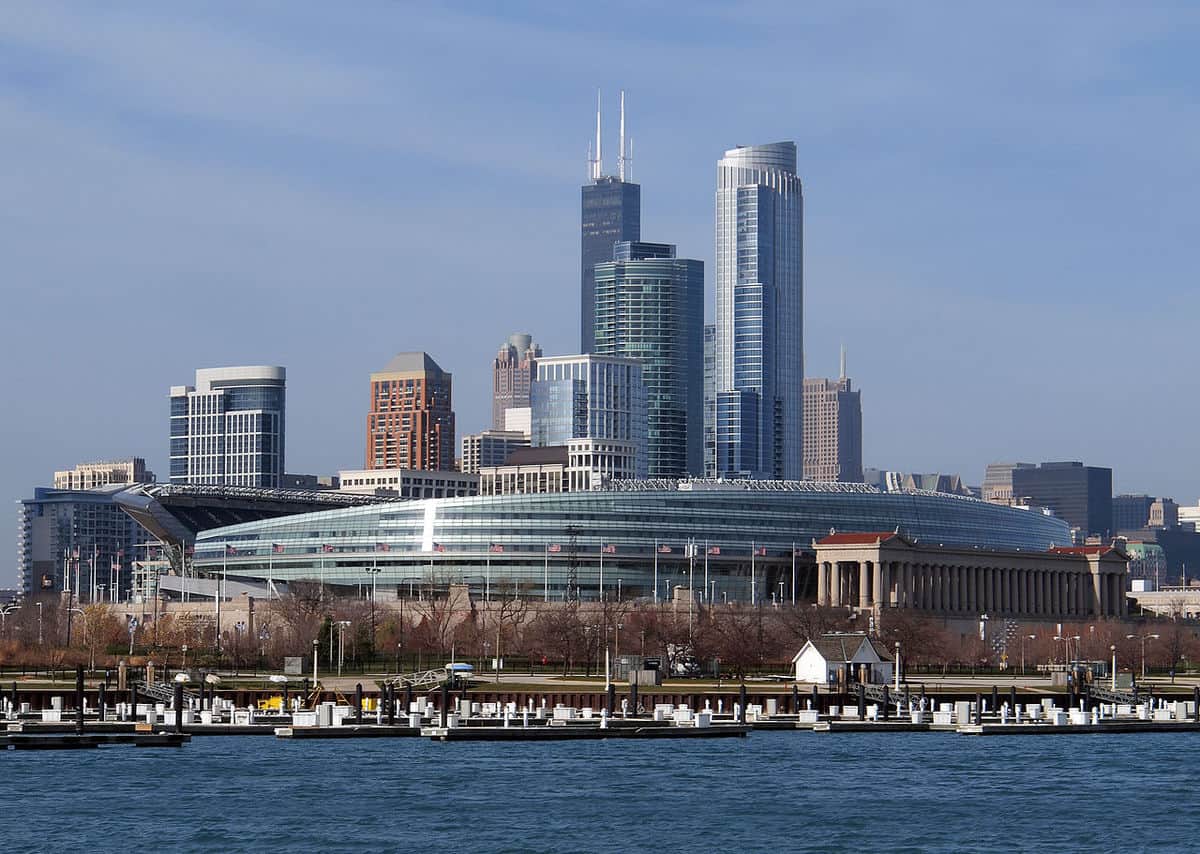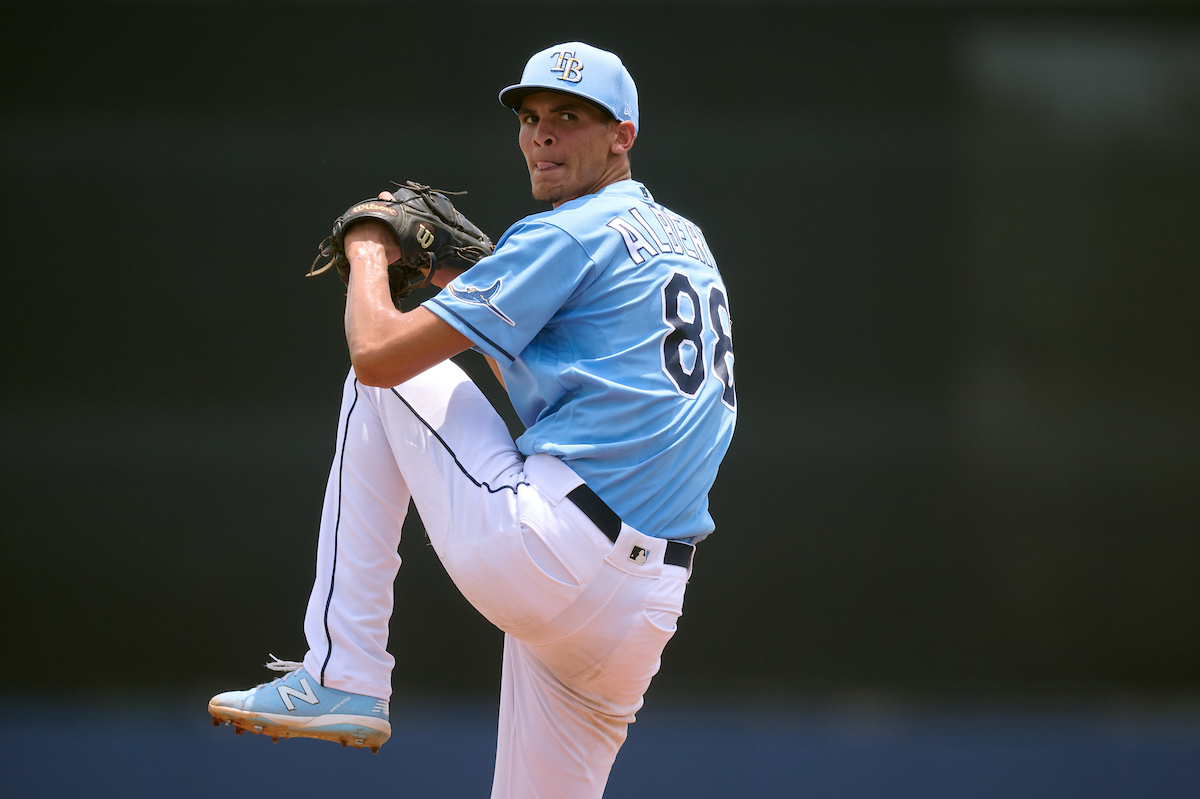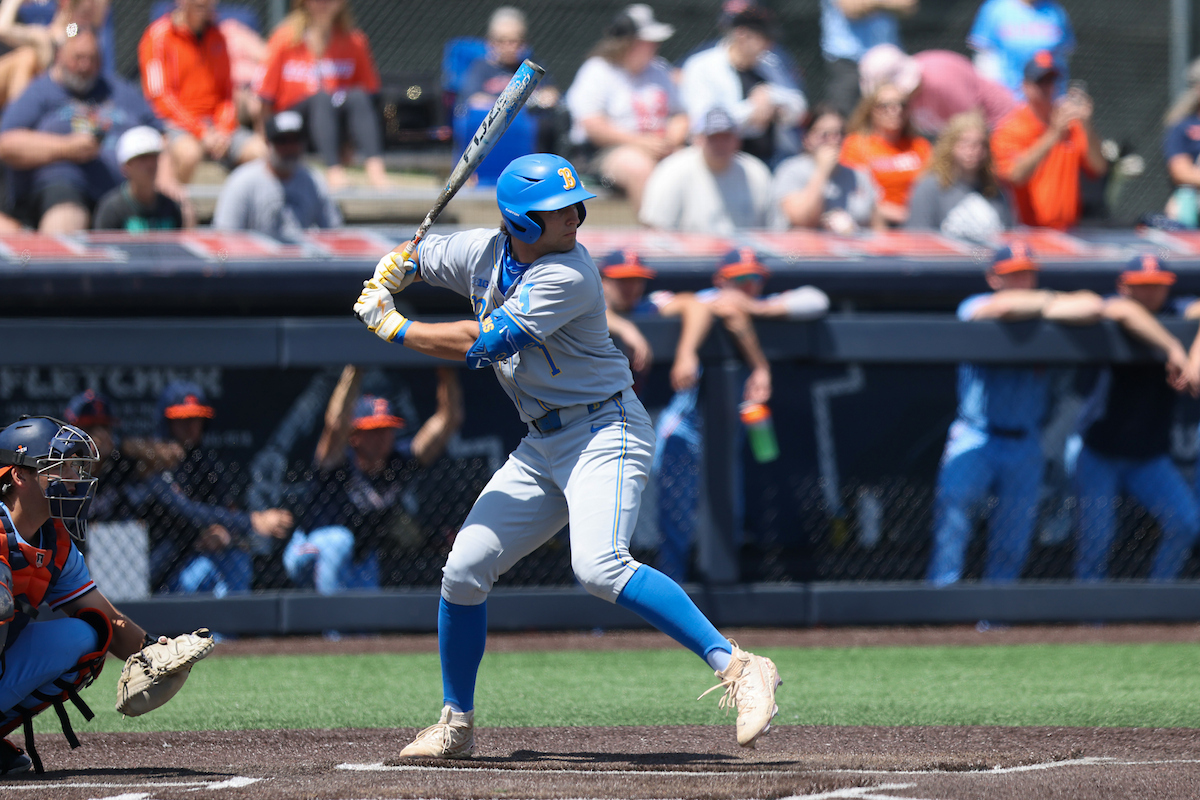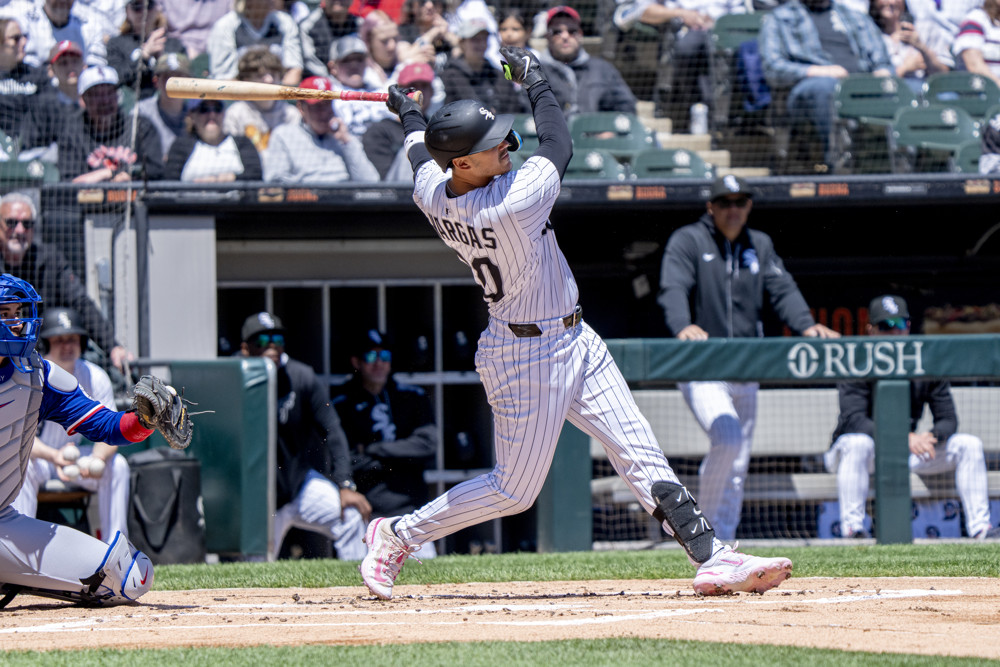The Chicago Bears created shock waves on Thursday by announcing that it submitted a bid to purchase the Arlington International Racecourse property in Arlington Heights. There are a billion steps in between this week and being able to call them the Arlington Heights Bears, but it's probably the most valid flirtation with a Chicago professional sports team moving to the suburbs since, what, Jerry Reinsdorf's group purchasing land in Addison in the mid-1980s?
You don't have to care about football to pay attention to this story, just because the Bears' current predicament shares some characteristics with the White Sox's situation. Neither team owns the stadium or land. While both teams' stadiums can be described as "fine," they're missing out on the trend of developing entire entertainment districts around a property. Also, the Bears' lease for Soldier Field runs through 2033, while the White Sox's ends in 2029, with a team option to extend it through 2030.
It's not a perfect parallel, because a new Bears stadium would ostensibly be aimed at luring other major neutral-site sporting events -- Super Bowls, collegiate championships, etc. -- whereas ballparks have shifted away from accommodating anything besides baseball games. Still, we'll probably learn a lot about the advantages and disadvantages of moving from the most Chicago of locations to a standard suburb, as well as whether any municipality around Chicago is willing to devote public funds to a stadium project. The Sox Park deal brokered by the White Sox in the late 1980s still leaves a sour taste for good reason.
Chicago has never had a major professional sports team play in the suburbs, and the Bears making headway in that direction might erase any stigma of another team doing the same. The White Sox would seem to be next to create stadium drama, as their renegotiated deal incorporates planned obsolescence by the end of this decade.
There are a lot of reasons why a suburban ballpark makes sense, but there's also a persistent history of people, organizations and, yes, teams, rediscovering the advantages of being situated in the urban core. That's why it's always fun to daydream about ideal ballpark locales within the city limits, even if most aren't feasible for one reason or another.
Case in point:
Is it a bad idea? Almost certainly. Do I care? Not really. Sometimes it's just fun to play SimCity for a few hours.
This is all why I urge White Sox fans to appreciate Guaranteed Rate Field for what it is, because for all the improvements the next ballpark could offer, there could be plenty of headaches during and after. At least everybody inside and outside can let the Bears run headfirst into some of them beforehand. Maybe the grass looks greener right now, but just remember that Roger Bossard will probably be involved regardless.
(Photo by John Picken)






